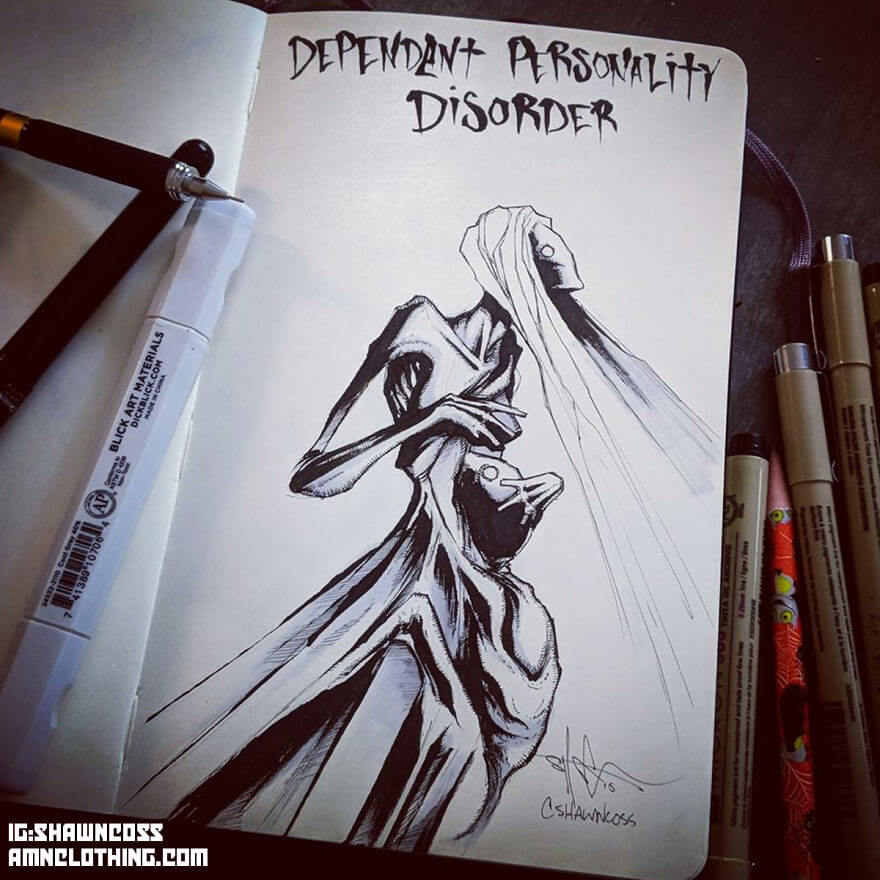

Feeling that personal memories are emotionless and they may or may not be someone else’s memories. Hyper self-awareness marked by constant and continuous over thinking and/or analysis of every little thing is quite common as well. In some cases, people may find themselves in an area and not remember how they got there. Physical or emotional numbing of the responses or senses to the environment, people, and the worldly waysĪlso you may feel totally immersed in negative thinking as well as feelings of being in a different dimension.

Depersonalization is a condition consisting of a mix of emotions, bodily sensations, and thoughts which trigger disengagement from the surroundings and a sense that one is not actually in one’s own body. Treatment includes psychotherapy, medications, and self-care measures. Severe and chronic depersonalization and anxiety can adversely affect work, relationships, and daily life. Depersonalization may also occur unexpectedly in the absence of extreme anxiety or stress. In most cases, depersonalization is believed to be a brain’s coping mechanism which becomes more sensitive or aware, so as to decrease the intensity of trauma or stress. It may be triggered by severe traumatic incidents, prolonged stress, drug or alcohol abuse, or other health problems. It refers to a condition of excessive self-awareness marked by feelings of floating or being outside the body and a consciousness that disowns one’s own actions.ĭepersonalization is often regarded as a dissociative symptom that may occur on its own or with other ailments like anxiety and depression, panic disorders, or bipolar disorder, etc. Real Or Unreal? I Asked Myself For 6 Years Before My Recovery.”Īnxiety can be overwhelming and can cause the mind to do some extremely abnormal things like depersonalization. Depersonalization is a mental and physical state where the mind feels divorced or distant from the sense of self.

“Depersonalization Brings A Feeling of Detachment From The World.


 0 kommentar(er)
0 kommentar(er)
